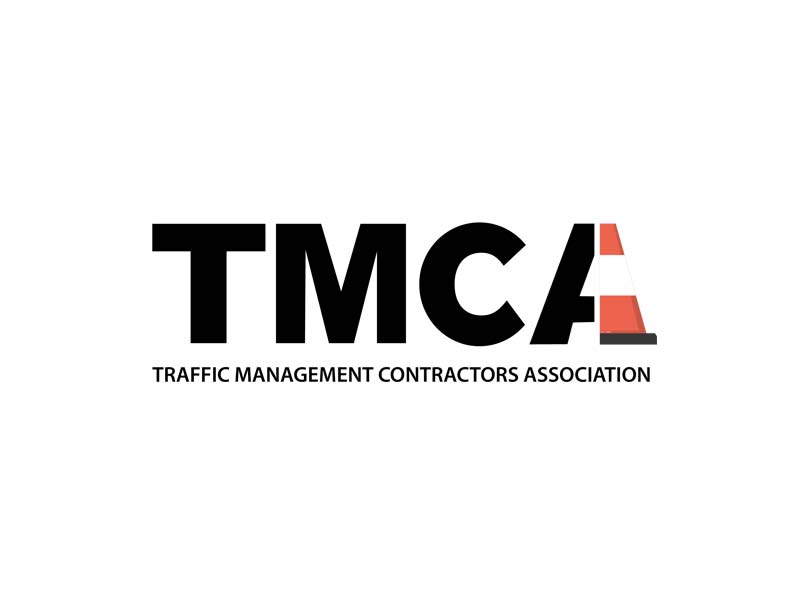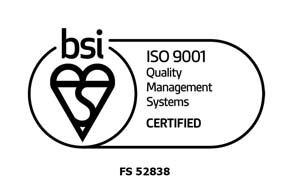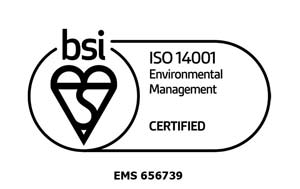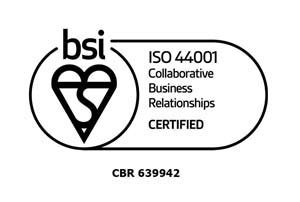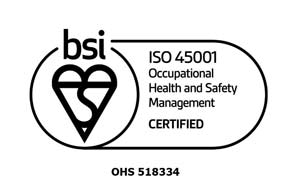Anxiety
If you are constantly worrying about a particular situation and are not able to resolve the problem, or find that it is completely occupying your thoughts, you may wish to seek help. Worrying excessively over a long period of time with feelings of panic or loss of control is a good indication that you may need some help and support. Some symptoms are very debilitating such as not being able to leave the house or attend work or social events. These are examples of a highly anxious state where professional help is essential.
What Are The Causes?
Anxiety can be the result of stressful life events - bereavement, relationship breakdown, debt, illness or other important changes at work or at home. It can also accompany alcohol or drug use.
For many people who lead very busy lives and feel pressurised by the demands of work and family anxiety can almost become a way of life. When this happens it is vital to our well being to learn how to relax and make time to recharge our mind and body. We are then better able to cope with everyday demands.
What Are The Symptoms?
There can be both physical and psychological responses.
Some physical responses could be:
- Difficulty sleeping and eating
- Headaches and general upsets or infections
- Racing heartbeat
- Loss of libido
- Excessive perspiration
- Fatigue or manic behaviour
Psychological responses could be:
- Pessimism and symptoms of depression
- Lack of concentration
- Constant worry about past, present and future
- Continually in a state of panic about everyday life
- Not being able to relax or enjoy life
What Can You Do?
There are many situations where we manage to deal with our worries and can take action to resolve the problem and enjoy life again. Identifying and addressing the problem and being proactive is a good start and brings a sense of control and self-esteem. However, if the anxiety is deeply felt and prolonged you may want to get some help and support.
There are things you can do to help yourself. You may decide to seek counselling or if you feel your anxiety is becoming unmanageable a consultation with your doctor may also be required.
Self Help
Learning to relax is also important. It breaks the cycle of anxiety and has a very positive effect on your mind and body. You might want to try a relaxation tape or an alternative therapy such as yoga, or the suggestions at the end of this section.
Change Your Thinking
When you are feeling anxious stop, think then challenge your thoughts. Most anxiety-related thoughts are very powerful and we have a tendency to believe them even though they may be wrong, over dramatic or exaggerated. By following these steps you will be able to gain control and learn how to deal with your anxiety. The more you practice these techniques the more improvement you will see.
1) Black and white thinking - nothing in life is totally clear cut. Remember: one error does not mean a total disaster.
2) Assumptions and 'what ifs' - assuming things will go wrong, anticipating and imagining failure will further your anxiety. Predicting the future and thinking of a long list of 'what ifs' provides us with a good recipe for panic. Stop and look at the facts not the fiction.
3) Ignoring the positive - when we are anxious there is a tendency towards negative thinking. We may totally disregard positive factors in the situation. Remember to stop and challenge yourself to find the positive side of the situation.
4) Exaggeration and “awful” scenarios - when anxiety takes hold it's a small step to exaggerating the circumstances and believing that everything is “awful”. Use reasoning to stop yourself in your tracks - don't turn a setback or mistake into a major disaster.
5) 'Woulds', 'Shoulds' and 'Coulds' - do not demand too much of yourself or be unreasonable. “Should have” statements are unhelpful and can cause guilt, distress and more worry. Try to draw a line under the past, learn from it and move on.
6) Labels - be alert to unreasonable self-criticism. Telling yourself you are “useless” or “hopeless” will aggravate your anxiety. Stop and think - you are more than what you do or don't do.
7) Accepting total blame - anxiety can cause wrong assumptions that you are totally to blame for a particular outcome. Again stop and analyse the situation and ensure you look at all the circumstances. You may have a part to play but do not judge yourself so harshly. How would you treat a friend in a similar situation?
Challenging Your Thoughts
Manage your Anxiety
Try the following exercise - you will need to write down and record your progress.
Divide a piece of paper into 3 columns:
A = Immediate anxious thoughts
B = Errors in my thinking
C = Rational thoughts
Imagine a scenario when you are anxious.
Write down in column (A) your immediate thoughts - the ideas that have caused your anxiety.
Next write down in column (B) what kind of errors you have made - refer to the list in “change your thinking”.
Finally, write down in column (C) more rational and reasonable ideas - thoughts which are helpful to you and provide an objective view.
For example:
A = I'm too nervous to attend the meeting. I'll make a fool of myself, forget my words and my colleagues will lose respect for me
B = I'm anticipating the worst. There's no evidence that that I'll forget my words. I'm assuming my colleagues will think badly of me if I make a mistake.
C = I've attended meetings before - they've often gone well.
I can prepare myself thoroughly- use notes to aid my memory and ensure I cover all relevant points.
My colleagues are usually supportive- they can also get anxious about their performance. I'm not so hard on others if they make a mistake.
Anticipating a positive outcome will help my confidence.
Questions to consider
1) Imagine the worst case scenario
- what would be “so awful”?
- how would you cope?
2) Are you assuming an outcome before you've even tried?
3) Are you judging yourself too harshly?
Other people also get nervous and anxious.
4) Are you getting things out of perspective?
5) Are you getting into a negative cycle of thinking - “I can't do this”, “I'm hopeless”, “It's too hard”?
6) Are you discounting your ability to cope? How did you cope in a similar situation?
Relaxation
There are many different ways to relax - finding the right one for you can be a very positive and fun way to break the cycle of anxiety and improve your general health:
- Tapes or CDs of peaceful music or specific sounds such as the sea or dolphin calls
- Taking a long hot bath
- Favourite films or TV programmes that are uplifting to the spirit
- Gentle exercise
- Spending time with friends
- Learning something new with others
- Developing an interest or hobby
- Walking in the countryside or along a beach
- Stress reducing disciplines such as yoga , Tai Chi, massage or meditation
And many more ……………..
A simple relaxation suggestion
If you are feeling particularly anxious it may take several tries at this exercise before you feel the benefit.
- Make sure you are sitting or lying down in a warm and calm environment
- Stretch out, yawn
- Allow yourself time to quieten your mind and feel at ease
- Start to breathe very slowly and become aware of rise and fall of your chest
- Begin to tense then relax your muscles, starting from your feet and legs upwards. Whenever you feel any tension do this once or twice.
- Block out any intrusive thoughts and try to make your mind a blank.
- As you relax imagine your most favourite peaceful place - a beach, a countryside scene, a desert landscape, a courtyard with a fountain- anything which has a positive and calming effect.
- 15-20 minutes relaxation like this everyday has been proven to help reduce anxiety and help our powers of resilience.

















